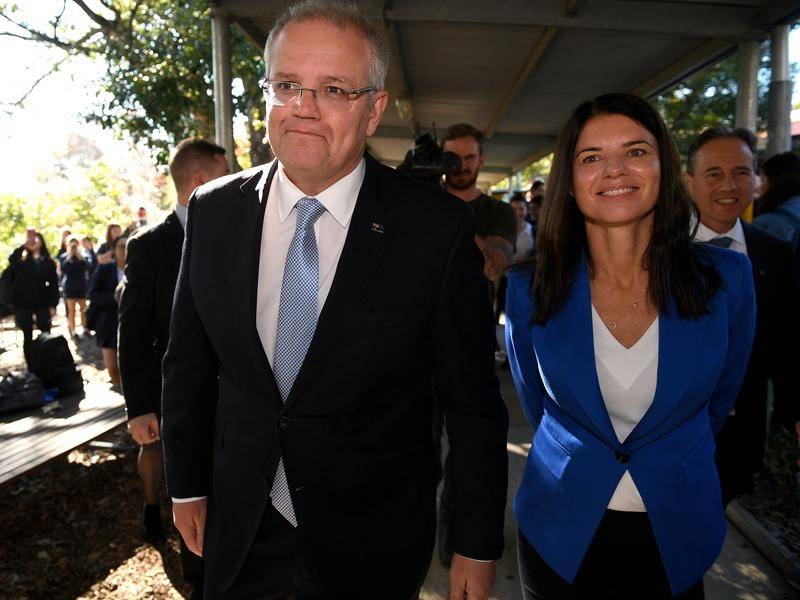GPs and other health professionals in Reid will receive greater support to enable them to provide more effective care to people with intellectual disabilities.
The Morrison Government will provide a total of $5.75 million to four Primary Health Networks to lead the development of the Primary Care Enhancement Program for people with intellectual disabilities.
Dr Fiona Martin MP, Member for Reid, is pleased that the Central and Eastern Sydney PHN, which services her electorate, was selected to spearhead the enhancement program.
“This funding commitment will give people with intellectual disabilities better access to appropriate, quality health services that meet their needs,” Dr Martin said.

“I work closely with our local Primary Health Network here in Reid, and I know that this program will make a big difference here on the ground.”
Along with the Central and Eastern Sydney PHN, the Western Victoria PHN, the Central Queensland, Wide Bay, Sunshine Coast PHN, and the Tasmania PHN, were selected to pioneer the enhancement program over four years, with a view to national rollout.
The four lead PHNs will:
- Support health professionals in caring for people with intellectual disabilities.
- Facilitate access to appropriate, quality health services for people with intellectual disabilities.
- Promote take-up and quality of annual Medicare health assessments for people with intellectual disabilities.
- Help to ensure people with intellectual disabilities have equitable access to quality health prevention and health promotion programs.
- Ensure all their programs are inclusive for people with intellectual disabilities.
The Council for Intellectual Disability will be a key partner with the Government as the Primary Care Enhancement Program is developed and rolled out.
Before entering politics, Dr Martin worked as a psychologist and academic researcher with a focus on intellectual disabilities and neurodevelopmental disorders.

She says that the Primary Care Enhancement Program will improve the lives of those living with intellectual disabilities.
“A person with an intellectual disability can find the medical system complex to navigate, and this can deter them from getting the care they need,” Dr Martin said.
“This program ensures that there is equitable and inclusive access to health services that can, in the long term, save a person’s life.”
National resources for the program will be developed over the next two years, including a training module for PHN staff, resources for GPs and other primary care professionals, National Disability Insurance Scheme linkage tools, and health promotion materials for people with intellectual disabilities and their families.

The Primary Care Enhancement Program was established following a roundtable in August 2019, which considered the inequities in health system access and quality for people with intellectual disabilities.
The Morrison Government is also developing a national roadmap with short, medium and long-term priorities to improve health services for people with intellectual disabilities. The roadmap will guide the better integration of primary care with specialist and hospital care.
It will also aim to increase recognition in the health sector and the community that people living with intellectual disabilities have the right to the same quality and access to health services as other Australians.
A series of further roundtables with a range of key stakeholders, including states and territories, will be held from October 2020 to complete development of the roadmap, for consideration by the Government.
More information about the roadmap is available at www.health.gov.au
